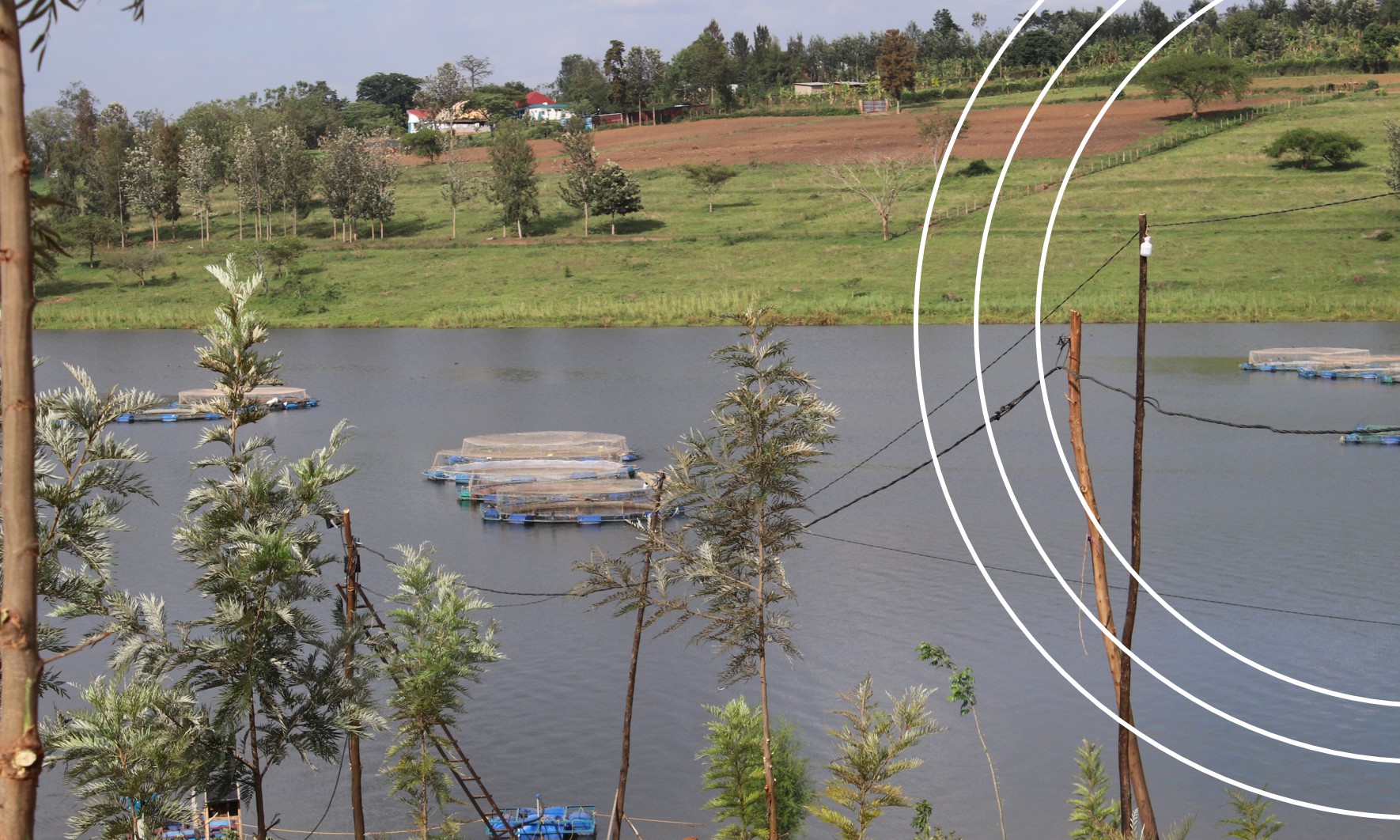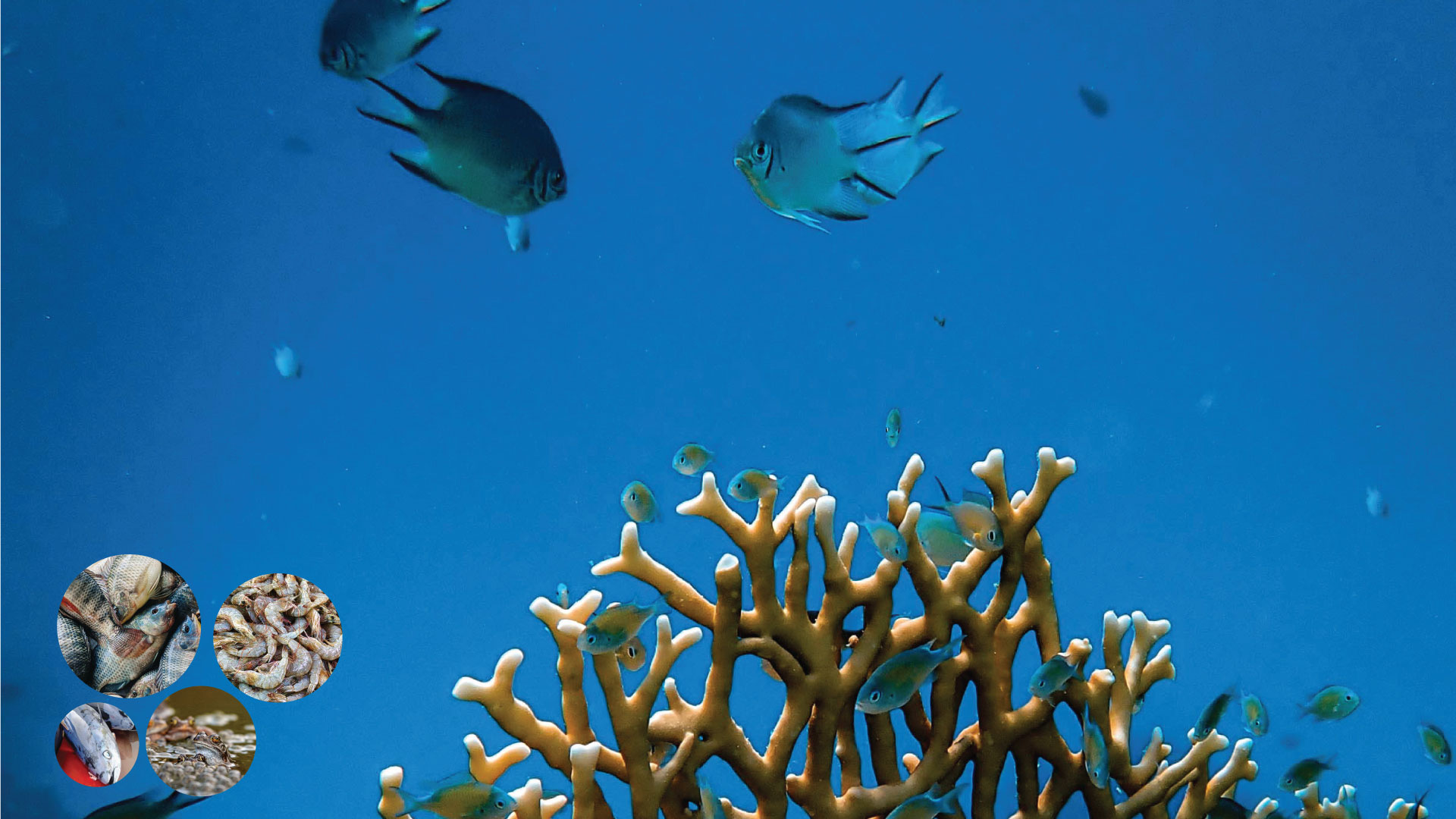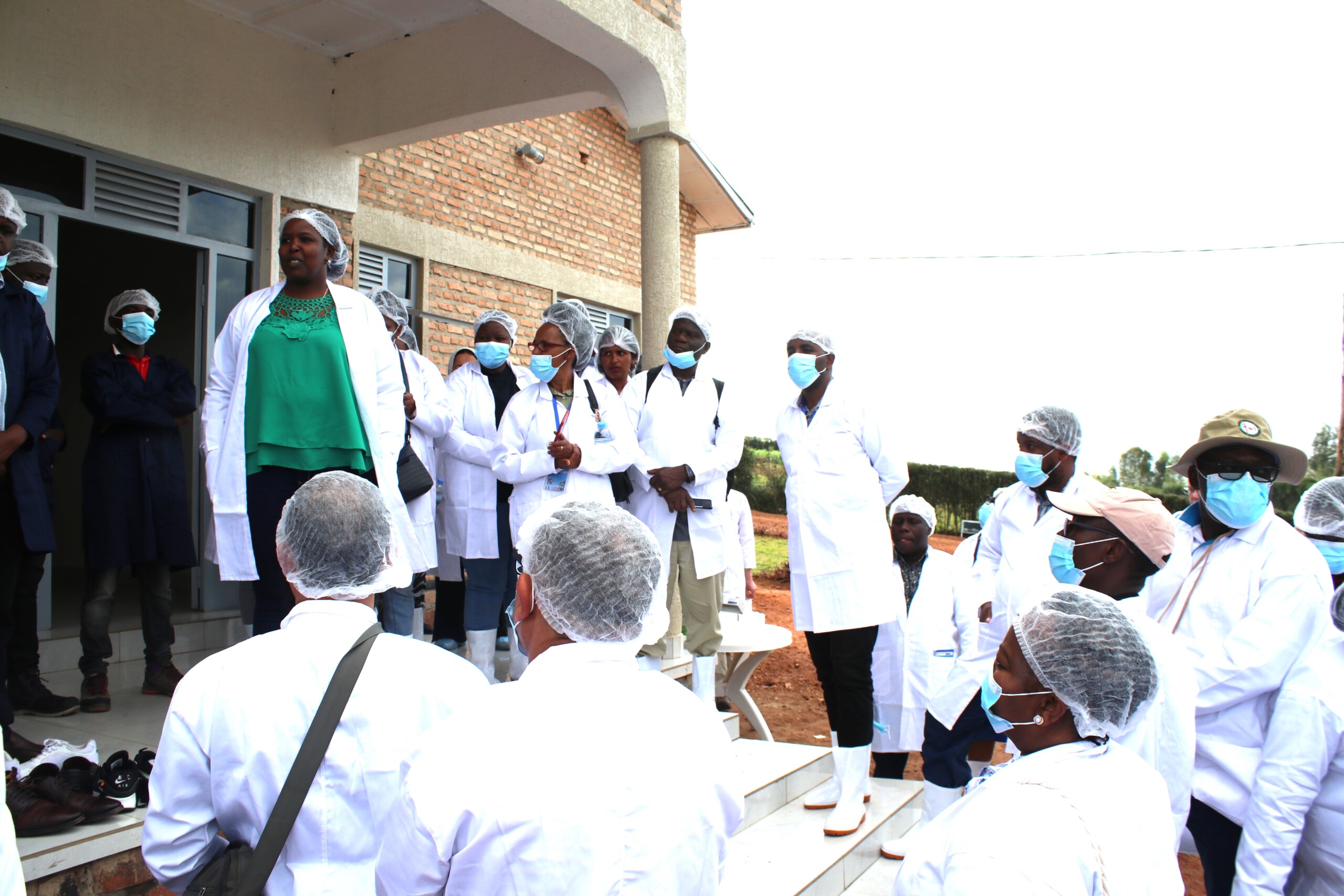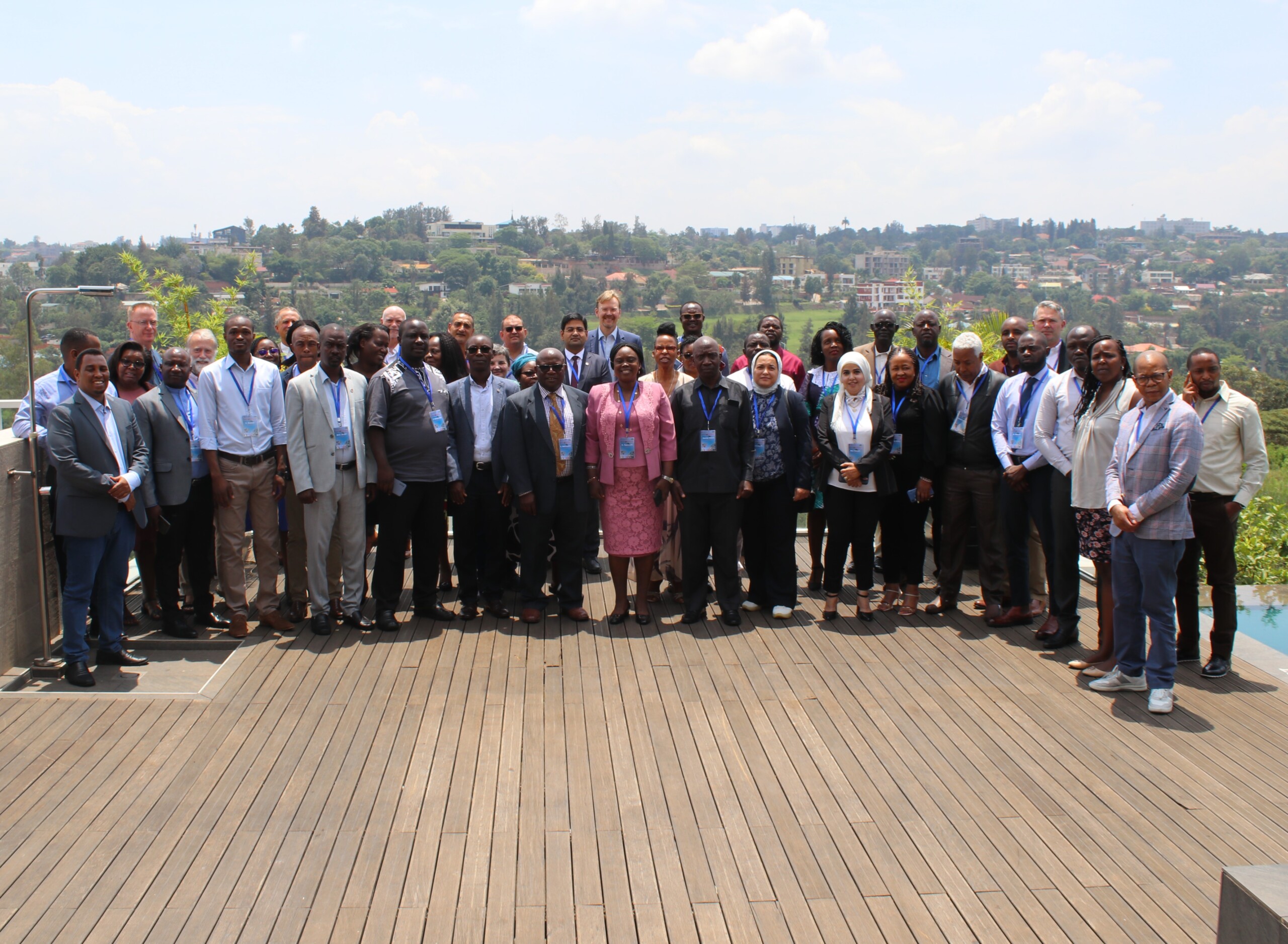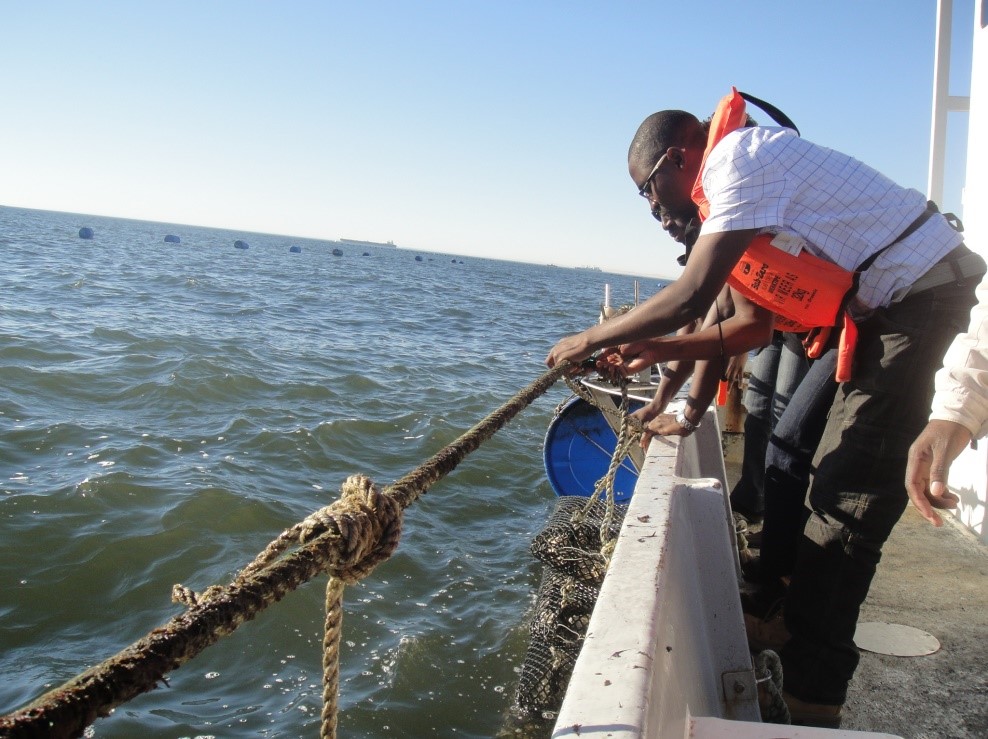
The main objective of this 4th cycle training course was to engage with the national focal points after a long hiatus of five years, this being the Dar es Salaam training of December 2018. In the design phase of the training, with the various experts, it had been decided not to focus on specific emerging or listed diseases but to take a horizontal approach to delivering the training contents such as “standards development”, “standards implementation”, the tools that WOAH avails to support the implementation and compliance with standards, the global framework provided by the Global Strategy etc… In addition, a lot of time was given to the Members, either to share their experiences or to have group discussions, which for the first time would be organised to account the concept of shared water bodies. Finally, the meeting was seen as an opportunity to share the outcomes of the two first Regional Aquatic Animal Health Network meetings that have been organised for North, and for Southern Africa with the support of AU-IBAR.
The training was held in Kigali, Rwanda, from 2 to 4 October 2023 and was attended by 24 WOAH Focal Points for aquatic animals from 24 (English-speaking) African countries. Close to 40% of focal points were newly appointed, or were appointed since the 2018 III cycle training in Dar es Salaam. More than 30% of this group are women.
Besides WOAH regional (Gaborone, Nairobi) and head office staff (Regional Activities Department, Capacity-Building Department and World Animal Health Information and Analysis Department, Paris), contributions were made by four WOAH (and FAO) experts (in alphabetical order) : Drs. Edgar Brun (Norway), Kevin Christison (South Africa), Larry Hammell (Paris/Canada), David Huchzermeyer (South Africa) and Richard Paley (UK), along with one African Union (AU-IBAR) regional expert : Mrs. Nelly Isyagi (Uganda, pre-recorded presentation). Both FAO and WorldFish were represented (though FAO, Ms. Melba Reantaso, pre-recorded presentation). WorldFish was represented by two staff members : Ms. Rose Basiita (Zambia office) and Ms. Shimaa Ali (Egypt office). Also represented were the SARNISSA network through its moderator Mr William Leschen, and the Rural Fisheries Programme of the Department of Ichtyology and Fisheries Science at Rhodes University, South Africa, through Mr. Qurban Rouhani.
Countries represented at the training were:
Visit of the hatchery and cage farming operation of Fine Fish Rwanda, in the vicinity of Rwamagana (on Lake Muhazi). Picture (c) P.Bastiaensen (woah) 2023
Overall, 38 presentations were delivered, as well as a working group session, based on trade facilitation measures that can be taken following an outbreak (or declared freedom) of Tilapia Lake Virus (TiLV) or Epizootic Ulcerative Syndrome (EUS). The use of MentiMeter™ polls and quizzes led to interesting insights into the views and level of knowledge of the participants and in some cases allowed for a direct comparison of outputs with those of the recently concluded training for Asia and the Pacific, earlier this year, in Korea.
A field visit was organised on the last afternoon of the training, coinciding with the arrival of an additional group of national AMR Contact Points, for the back-to-back training on “AMR in Aquaculture”, organised by this same office (Nairobi) on 5 and 6 October.
Visit of a commerical fish farm (tilapia) on Muheza Lake, close to Rwamagana. Picture (c) P. Bastiaensen (woah) 2023.
